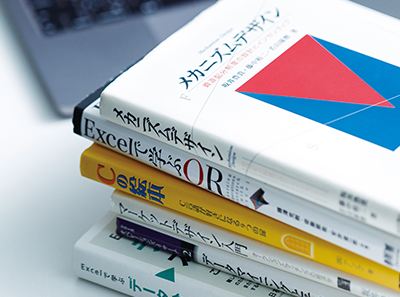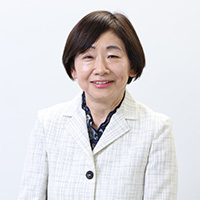Message from the Dean
A School of Management with global aspirations built upon a foundation of science and technology
The Tokyo University of Science School of Management has proudly cultivated a reputation as one of the leading schools of management undertaking education and research which integrate the arts and sciences. In the nearly thirty years since its founding, the School of Management has produced graduates that have gone on to find success across the academic world and a multitude of industries in the public and private sectors.
The School of Management is comprised of three departments: the Department of Management, the Department of Business Economics and, since April 2021, the Department of International Design Management. The Department of Management is the most similar to other Japanese universities’ departments of management in terms of the content covered, i.e., management strategy, accounting/finance and marketing, but it addresses them from a thoroughly numerical/quantitative and empirical perspective. The Department of Business Economics emphasizes rigorous scientific analysis and a foundation of theoretical economics and econometrics essential for business management and, based on this, explores more theoretical/mathematical topics, such as game theory, operations research, finance and other decisions science, artificial intelligence and big data-driven data science. Complementing the formal academism of the aforementioned two departments, the Department of International Design Management builds upon business administration with a three-track emphasis on “design,” “digital” and “international” education in order to cultivate creativity and practical skills applicable to new business creation and addressing the challenges facing society.
The fact that “mathematics” is part of the admissions requirements for all three departments communicates the School of Management’s view that tomorrow’s business managers will need to be versed in mathematics and applicants should therefore equip themselves with the relevant mathematical skills. “Japanese spirit with Western learning” was one of the rallying cries popular during the era of reform which followed the Meiji Restoration; however, during this era of great upheaval and change on a global scale, Japan’s ability to adapt to new paradigms of “science” and the “humanities” appears lacking. The Tokyo University of Science School of Management therefore seeks to cultivate students who possess “a cultured spirit with a scientific mind” or, perhaps, “a scientific spirit with a cultured mind.” I believe that we are training the future business management professionals who will operate within this (assumed but yet to materialize) new cultural context from which successor theories to Lanchester strategy and the Black–Scholes theory will arise and quantum computers, the Singularity and other developments will expand the frontiers of inquiry.
By studying at the Tokyo University of Science School of Management, you, too, can be a part of the movement towards “a cultured spirit with scientific learning” or, perhaps, “a scientific spirit with cultured learning.”







